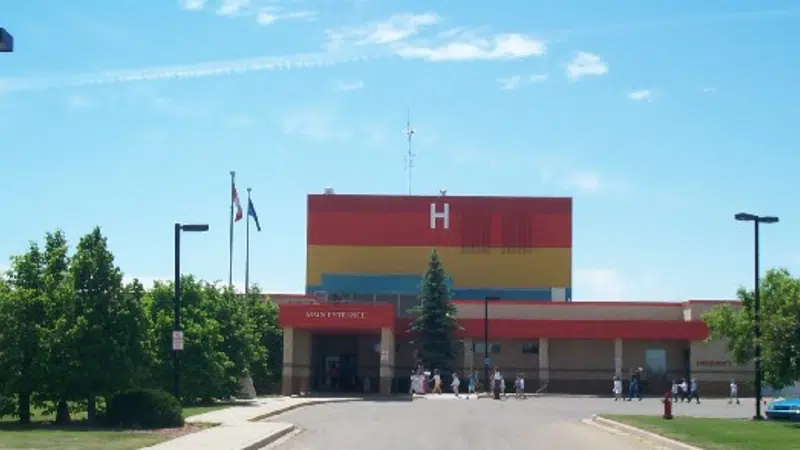
Taber doctors: health changes like “a bank robber returning a portion of the money he has stolen”
TABER, AB – A group of 10 physicians at the Taber Clinic have written a scathing letter to Alberta Health regarding the many changes they have made in recent months.
It covers, among other things, the termination of the province’s agreement with the Alberta Medical Association, the new Physician Funding Framework, a recent investment of funds into rural healthcare, and the impacts that these alterations have had or will have on rural healthcare delivery.
The full, unedited letter can be read below:
We, the undersigned physicians of the Taber Clinic, would like to inform our community of our urgent concerns for our health system.


